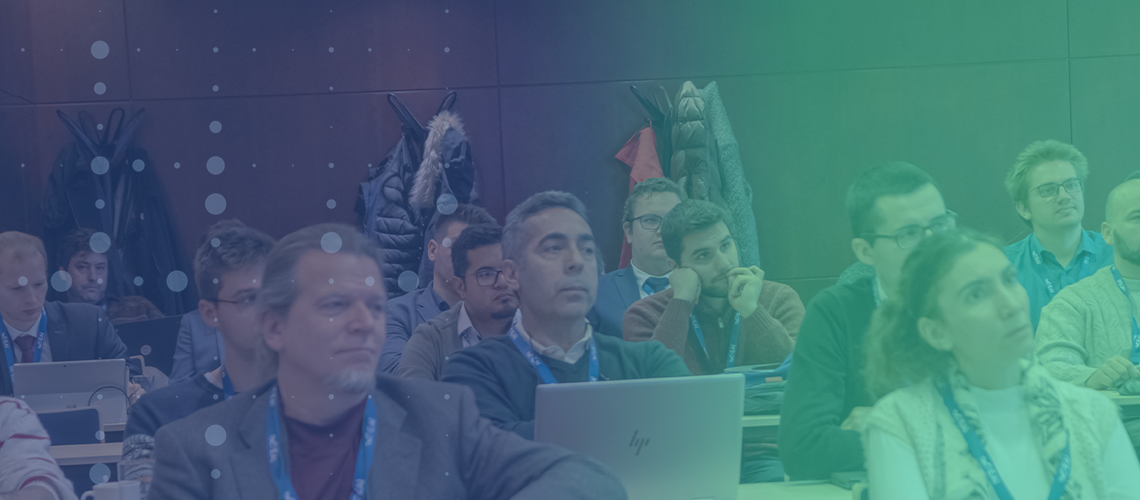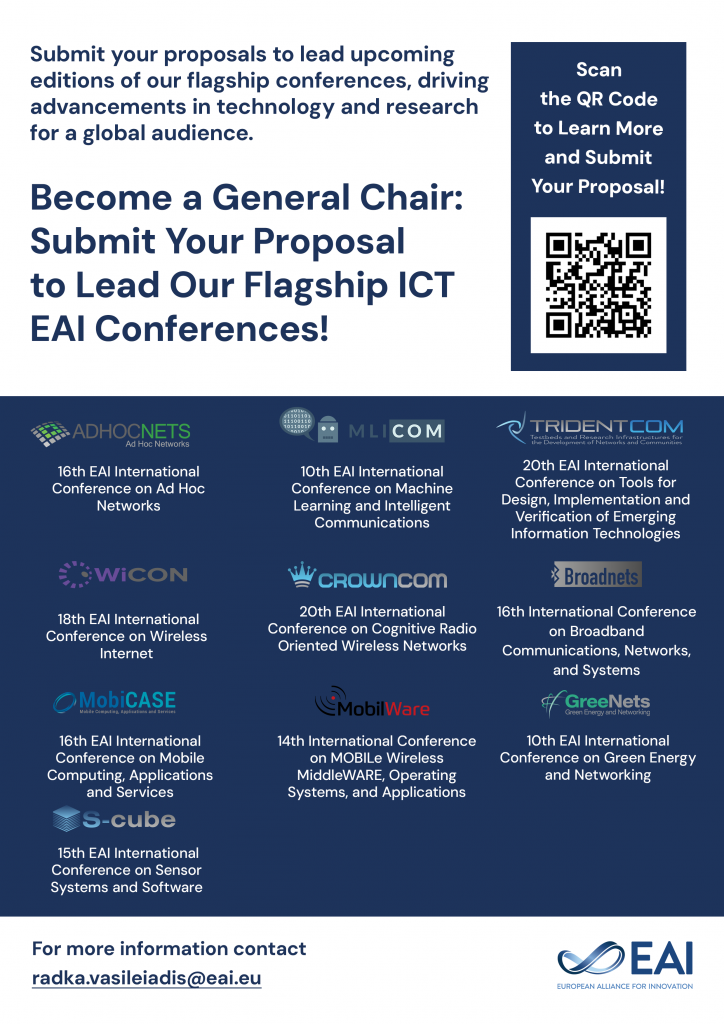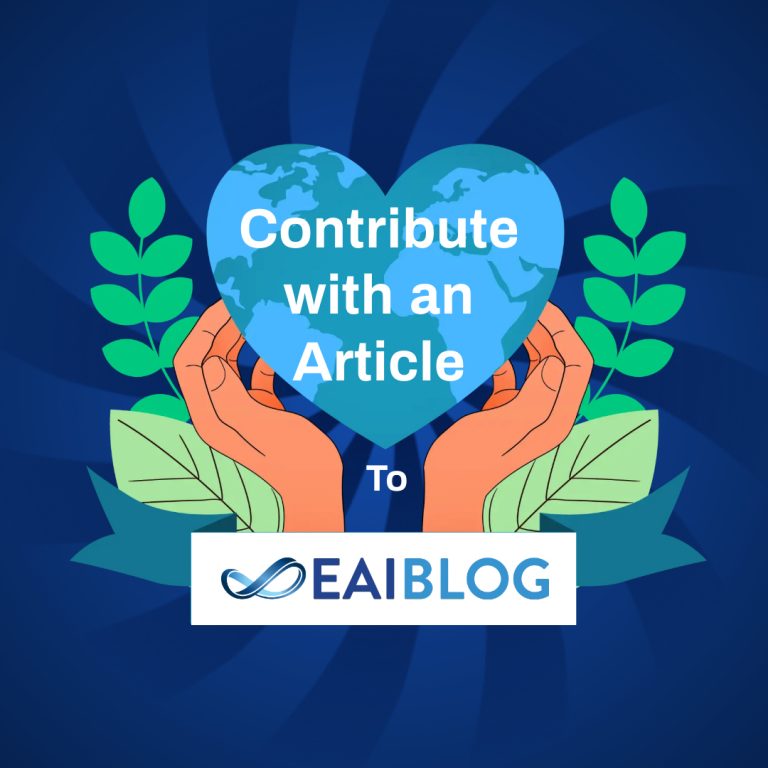Academic conferences are more than presentation venues—they are spaces where ideas evolve through dialogue, where early feedback can sharpen a project, and where researchers build visibility beyond their home institutions. Participating in the right event can open doors to new collaborations, publishing opportunities, and long-term professional networks.
But not every conference offers the same kind of value. With so many events competing for your time and resources, choosing wisely means aligning the event’s strengths with your specific research goals—whether that is reaching a targeted audience, joining a recognized academic community, or advancing your work through meaningful engagement.
Focus on What You Want to Achieve
Before comparing locations, deadlines, or fees, take a moment to define your purpose. Are you aiming to publish and be cited? Looking to build your professional network? Hoping to gain feedback on work in progress or join a specific research conversation? Different goals will lead you to very different kinds of events. A highly selective conference might offer prestige, but a smaller, more focused one could give you greater exposure and more time with peers working on similar problems.
Read more:

Should a Ph.D. student attend academic research conferences?
Assess the Scope and Audience
A conference that matches your research topic is only part of the picture. Pay attention to who actually attends. Is it primarily academic, or is there strong industry involvement? Are early-career researchers welcomed, or is it geared toward senior faculty? Take a look at previous editions: keynote speakers, session themes, and organizing institutions to get a sense of how relevant—and accessible—the conference is to you.
Consider the Reputation and Program Strength
Sometimes the deciding factor is the quality of the people involved. An inspiring keynote speaker, a prestigious organizing committee, or a program chaired by well-respected names in your field can make a major difference—not just in content, but in visibility and future collaboration. Conferences with a long track record and multiple successful editions often provide greater reliability and community trust, which can be especially important for newer researchers looking to build recognition.
Evaluate Publication Opportunities
For many researchers, publication is a top priority. Check if the conference publishes proceedings, whether these are peer reviewed, and which databases they are indexed in. Also consider whether there are opportunities for extended versions to appear in journals. High visibility often comes not just from presenting, but from being part of a publication pipeline that amplifies your work beyond the event itself.
Weigh Format and Practical Considerations
The format—whether in-person, online, or hybrid—can make a big difference in how useful the experience is. Some conferences offer full participation opportunities to non-presenters, while others restrict access. Funding, time zones, and visa requirements may all affect your ability to attend and benefit from the event. Choose a conference that fits your schedule and circumstances without compromising on value.
Read more:

Why You Should Attend an Academic Conference (Even Without Presenting
Look for a Supportive Academic Community
Beyond logistics, a good conference should offer a sense of community. Events that include mentoring programs, open discussion forums, or interdisciplinary sessions can be especially valuable if you are exploring new topics or entering the field. A strong community makes it easier to return, collaborate, and stay involved long after the event ends.
Avoid Choosing on Size Alone
While large, well-known conferences can be impressive, they are not always the best fit. The competition can be intense, and individual papers may not receive much attention. Smaller or mid-sized conferences often offer deeper engagement and better access to sessions and people. Think in terms of impact—not just prestige.
Where EAI Conferences Fit In
If you are looking for a well-balanced option that combines academic quality with global accessibility, the European Alliance for Innovation (EAI) offers a compelling alternative. EAI conferences span a wide range of disciplines and formats, from highly focused niche gatherings to large international events with hundreds of presentations.
What makes EAI stand out is its combination of academic rigor and inclusive participation. Most conferences offer publication opportunities with Springer, ensuring that accepted papers are part of well-recognized, indexed volumes. Flexible participation options—whether onsite, online, or hybrid—make it easier for researchers from diverse backgrounds and regions to take part meaningfully in the academic community.
Explore upcoming EAI conferences tailored to your research field and publishing goals.




